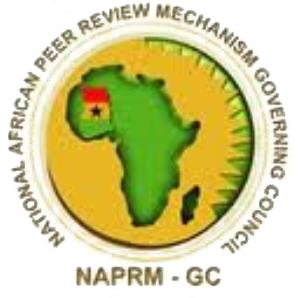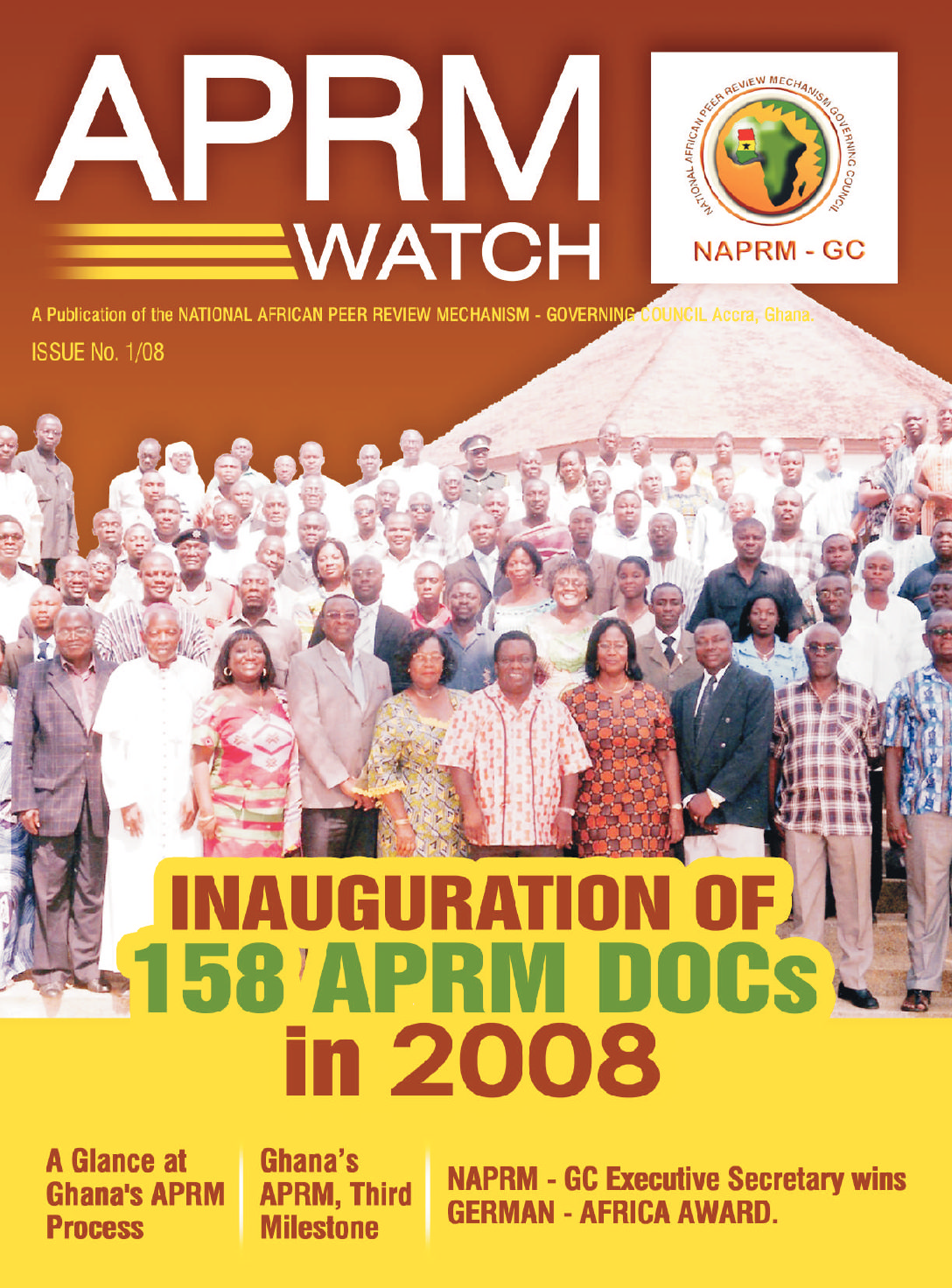Demonstrating its commitment to ensuring that District Oversight Committee (DOC) members acquire adequate knowledge to share with their constituents, the National African Peer Review Mechanism Governing Council organized another Capacity Building training programme in the central regional capital Cape Coast for APRM Oversight Committee members drawn from the Eastern, Volta, Greater Accra, Central, and Western regions towards the end of August.
It was the turn of the southern sector to go through the Participatory Monitoring and Evaluation Training Programme, using the Citizen Report Card Concept – a tool used to gather information and provide communities and public agencies with accurate feedback.
Before the workshop, a member of the Governing Council, Ambassador Alex Abankwa welcomed participants and reminded them that Ghana has been in the forefront of the APRM Process ever since the country took a bold step to pioneer the peer review process. This achievement has attracted a number of African countries and some members of the international community to Ghana.
Ambassador Abankwa mentioned workshops held in Accra for the Pan African Parliament and ECOWAS Commission on the implementation of the APRM, the workings visits of Benin, Sierra Leone, and Uganda APRM Governing Councils as well as that of the EU, the Swedish Parliament, and Norwegian delegations. Ambassador Abankwa said this recognition places extra responsibility on the DOCs whose unique role as people in the grassroots contributing remarkably to the governance process has become a model.
The Governing Council he said sees the need to deepen the knowledge of the DOCS to enable them to carry out their role of collecting and sharing information effectively.
He reminded the DOCs of the cardinal principle to exhibit transparency, objectivity and professionalism in the performance of their duties.
The Executive Secretary of the NAPRM-GC Dr. Francis Appiah emphasized the unique role of District Oversight Committees as representatives of the Governing Council in the communities. He announced that further steps have been taken in the APRM process to present the survey reports to the various District Assemblies for debate and as a guide for improved development planning.
During discussions, participants sought clarification on how to deal with politically- biased respondents, reluctant respondents, those who demand money before giving out information, the language to use on location, and how to select the communities among others.
Participants carried out mock surveys and expressed appreciation for the opportunity given by the Governing Council to acquire and share knowledge. They pledged to work hard to meet all expectations.

 newsletter-compressed
newsletter-compressed